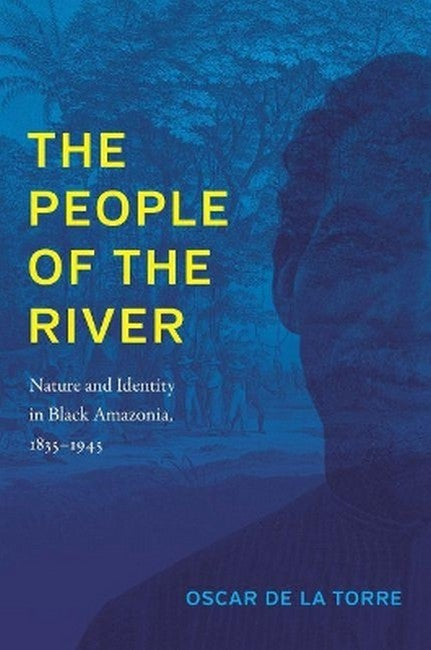Oscar de la Torre is assistant professor of history and Africana and Latin American studies at University of North Carolina at Charlotte.
Request Academic Copy
Please copy the ISBN for submitting review copy form
Description
"[Oscar de la Torre's] socio-environmental history of black peasants in frontier Para is a superb addition to the field. . . . De la Torre's ability to weave together a cohesive narrative from disparate sources and case studies stands as a testament to the power of his theoretical and methodological framework."--Agricultural History "For readers from the social sciences interested in history, this book opens an entrance into an adjacent room in the library. Such passageways between our increasingly separated disciplines are both rare and valuable."--Americas "Oscar de la Torre's account of how slaves, maroons, and their heirs became peasants in the forested environment of the lower Amazon contributes to a more complete understanding of slavery and postemancipation trajectories in Brazil and the Americas, and to a more comprehensive Amazonian history."--H-Net Reviews "This book excavates a deeper history of black political struggle in the Brazilian Amazon . . . Oscar de la Torre traces these struggles back to the time of slavery, through the period of abolition, and into the twentieth century. In doing so, the author makes an important contribution to our understanding of how Afro-Amazonian communities preserved their autonomy over time."--Hispanic American Historical Review "This fabulous book draws on a vast array of sources. . . . Using a variety of analytical methods and narrative strategies, de la Torre meticulously reconstructs complex land transactions, kinship structures, local folk stories, and shared memories."--E.I.A.L (Estudios Interdisciplinarios de America Latina y el Caribe) "Torre's work is at the vanguard of an emerging English-language literature on quilombos in Brazil with a historical focus. . . . Torre skillfully incorporates anthropological methods and critically engages monographs produced by anthropologists in the past three decades."--Luso-Brazilian Review

